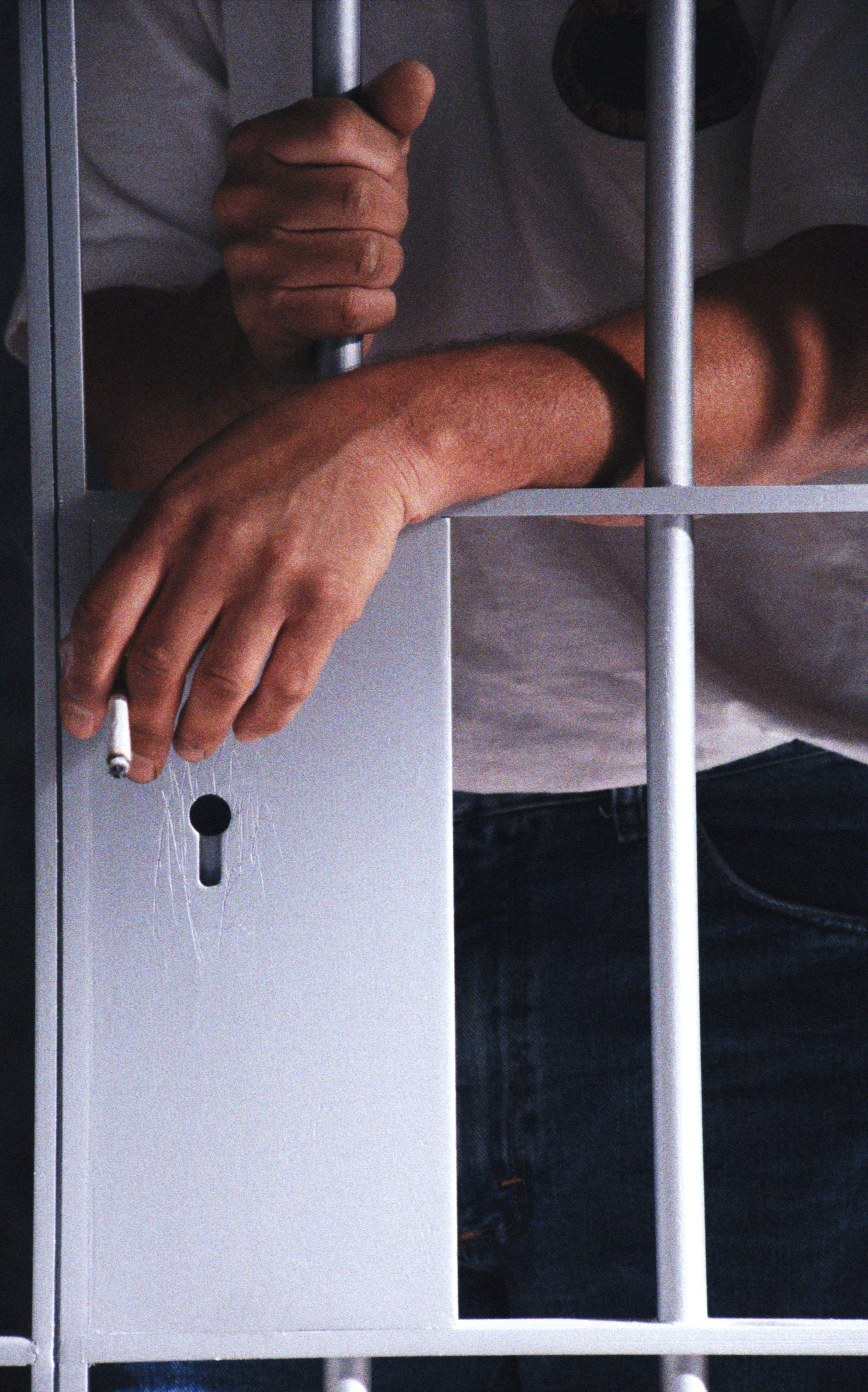
- Arrest. Depending on the severity and type of offense involved, you may be arrested shortly after the commission of the alleged crime (as in the case with a charge of driving under the influence) or you may be arrested after a judge issues an arrested warrant that is based on the results of an investigation by law enforcement. Either way, you will be taken to the jail and held in custody until you are released on bail or your case is resolved.
- Bail. Except for the most serious charges (murder, treason) a defendant is guaranteed a reasonable bail by the U.S. Constitution. If you are unable to pay the original amount set at the time of your arrest, your criminal defense attorney may be able to request a bail hearing at which time he/she will argue for a reduced amount. If you are released on bail you must abide by all conditions of that release or you risk being returned to custody for the duration of your case.
- Initial hearing. Your first court appearance is referred to as an initial hearing or an arraignment. At this time, the judge will make sure you understand the charges against you, read you your rights, and may discuss bail. In addition, a preliminary plea of not guilty will be entered on your behalf. The judge will also typically ask you if you have hired an attorney yet.
- Legal representation. While there is no law requiring you to be represented by an attorney, self-represented, or “pro se,” defendants make the court nervous. The judge wants to make sure you have every opportunity possible to defend yourself. With that in mind, the court will encourage you to retain the services of an attorney. It is certainly in your best interest to hire an experienced criminal defense attorney as early in the process as possible.
- Discovery. The prosecution is required to turn over any evidence that it intends to use against you at trial as well as a list of witnesses it intends to call. The defense is also required to provide certain things to the prosecution; however, the defense requirement is not the same as the State’s because the burden is on the State to prove you guilty, not on you to prove yourself innocent.
- Investigation by defense. Your defense attorney will likely conduct an investigation as well into the case as part of the defense strategy.
- Strategizing. At this point, you will likely sit down with your attorney and decide on a final defense strategy. Will you focus on negotiating the best plea agreement possible or on winning at trial? If you are going to trial, what is your theory of the defense?
- Pre-trial conferences. Often, you will have pre-trial conferences scheduled which are just brief court appearances designed to let the judge know where things stand and ensure that the case is moving along.
- Negotiating. The prosecutor almost always offers a plea agreement. You are certainly not required to accept one; however, if you are even considering pleading guilty, your attorney will work on negotiating the most advantageous agreement possible.
- Acceptance of plea agreement. If you decide to enter into a plea agreement you will need to officially accept the agreement and plead guilty in court. The judge must make sure that you are entering into the agreement knowingly and voluntarily. You must be prepared to say you are guilty when asked.
- Trial. If you decide to go to trial you must decide if you will let a judge or jury decide your fate. If you decide on a judge you must waive your right to a trial by jury. Either way, the burden will remain on the State to prove your guilt beyond a reasonable doubt. At the end, either a judge or jury will render a verdict. If the verdict is guilty, you will move to sentencing. For minor crimes, sentencing may occur immediately but for more serious offenses you will return for a sentencing hearing.
- Appeal. If you are convicted at trial you have a constitutional right to appeal that verdict but you must file a notice of appeal right away or you waive that right.
Contact Murfreesboro Criminal Defense Attorney
If you are currently facing criminal charges in the State of Tennessee, it is in your best interest to consult with an experienced criminal lawyer at Bennett, Michael & Hornsby as soon as possible to ensure that your rights are protected. Contact the team today by calling 615-898-1560 to schedule your appointment.
- Understanding the Role and Responsibilities of a Trustee - April 23, 2024
- When Are Miranda Warnings Required? - April 16, 2024
- 5 Benefits of Mediation in a Tennessee Divorce - April 9, 2024







